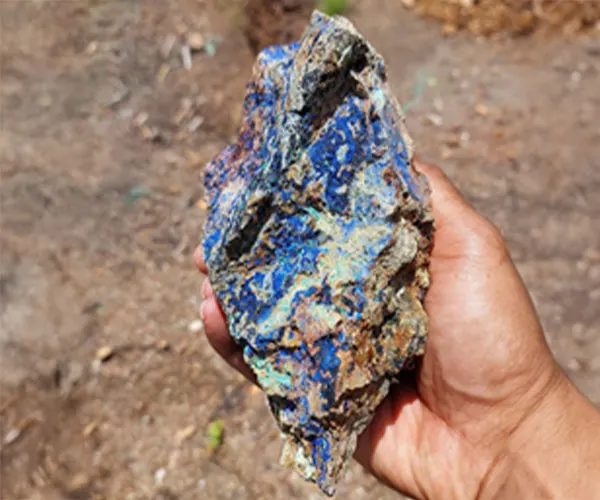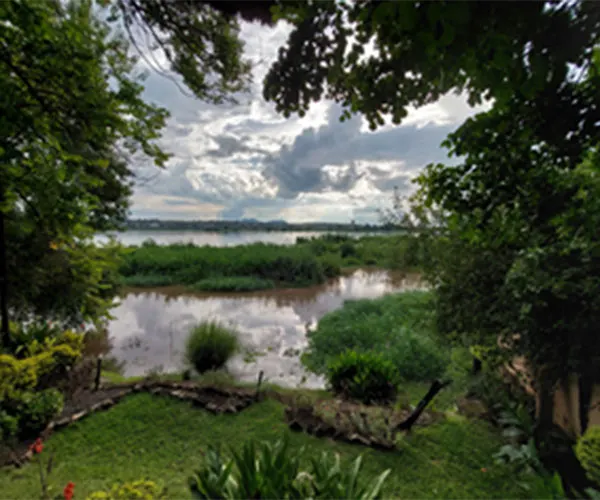Deccan Gold Mozambique Licenses
Mozambique Lithium and Tantalum
Deccan Gold became the first BSE listed company to operate in Mozambique for critical mineral supply when the Company established stepdown subsidiary Deccan Gold Mozambique Ltda (DGMOZ) through our wholly owned subsidiary in Dubai, UAE viz., Deccan Gold FZCO (DGFZCO).
Mozambique, a country in south-eastern Africa, is a popular holiday location for Europeans and South Africans due to its beautiful beaches and rich aquatic life. The country is also known for its abundance of minerals including natural gas, coal, mineral sands, graphite, lithium, gold, rare earth elements (REE), and gemstones.
The country has had ties with India for over 500 years with Southern Indian traders using favourable trade winds to ply the Atlantic coastline for Zhizo (glass) beads, gold, and other commodities. Mozambique is now home to over 70,000 OCI’s and NRI’s, one of the largest Indian communities in Africa.
Whilst the country has several large mines and refineries and is in the process of developing a US$20bn natural gas field off the northern coast, to date most critical and precious minerals and gemstones have been mined by small-scale and artisanal methods. The Mozambique government and the key mining body, the Chamber of Mines Mozambique (“CMM”) are enacting laws and policies to promote mining investment as a means for generating revenues which can be used to alleviate poverty through infrastructure projects and local economic development.
DGMOZ is currently focussed on lithium and tantalum exploration in the highly prospective Alto Ligonha pegmatite province which encompasses almost every pegmatite in Mozambique. The region is also famous for its gemstones and rare element metals such as beryllium and niobium.
Ultimately, Deccan Gold plans to establish a significant processing facility to produce concentrates of lithium, tantalum, caesium, and other products which we expect to ship through the Nacala port.
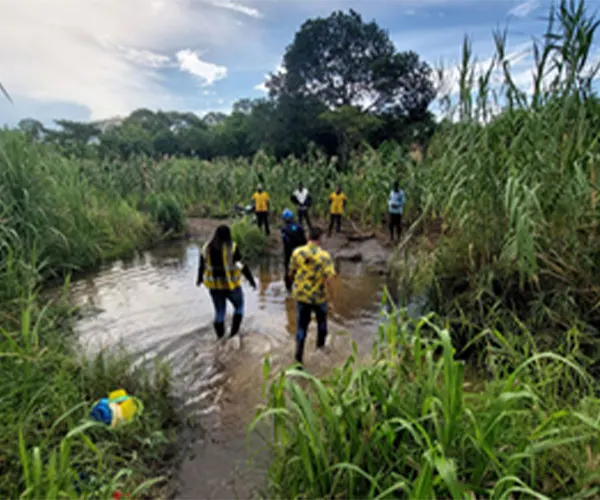
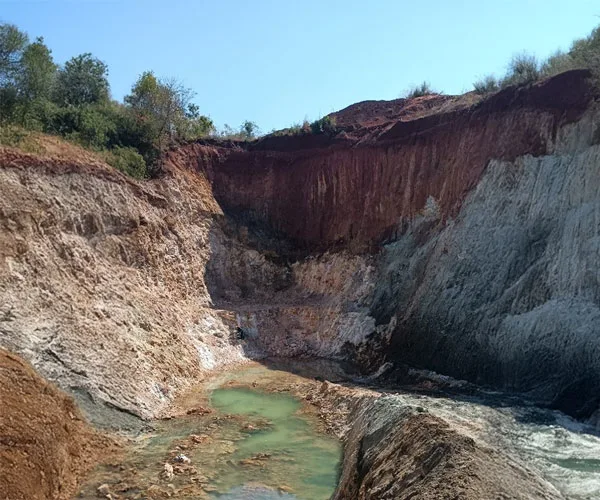
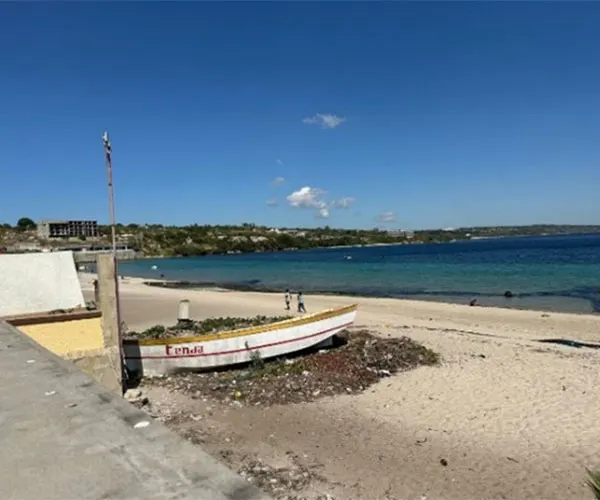
Mozambique Copper
Our second stepdown subsidiary in Mozambique, Deccan Mineracao Mozambique LDA (DMMOZ), was established in 2025 to focus on copper, nickel, platinum group elements (PGEs) and gold projects in the central west Tete Province.
The Tete Province remains largely unexplored for copper and other base metals despite its proximity and similar geological settings of the more well-known copper belts in neighbouring Zambia and Zimbabwe. Regional geophysics and sampling by government and World Bank funded projects, plus a few private ventures, has clearly shown the Tete Complex to be highly prospective for copper, nickel, and gold, but it has received very little focus by modern explorers.
Copper mineralisation has been clearly established in parts of our tenement package with small- and artisanal miners scavenging for copper oxide minerals such as malachite and azurite.

